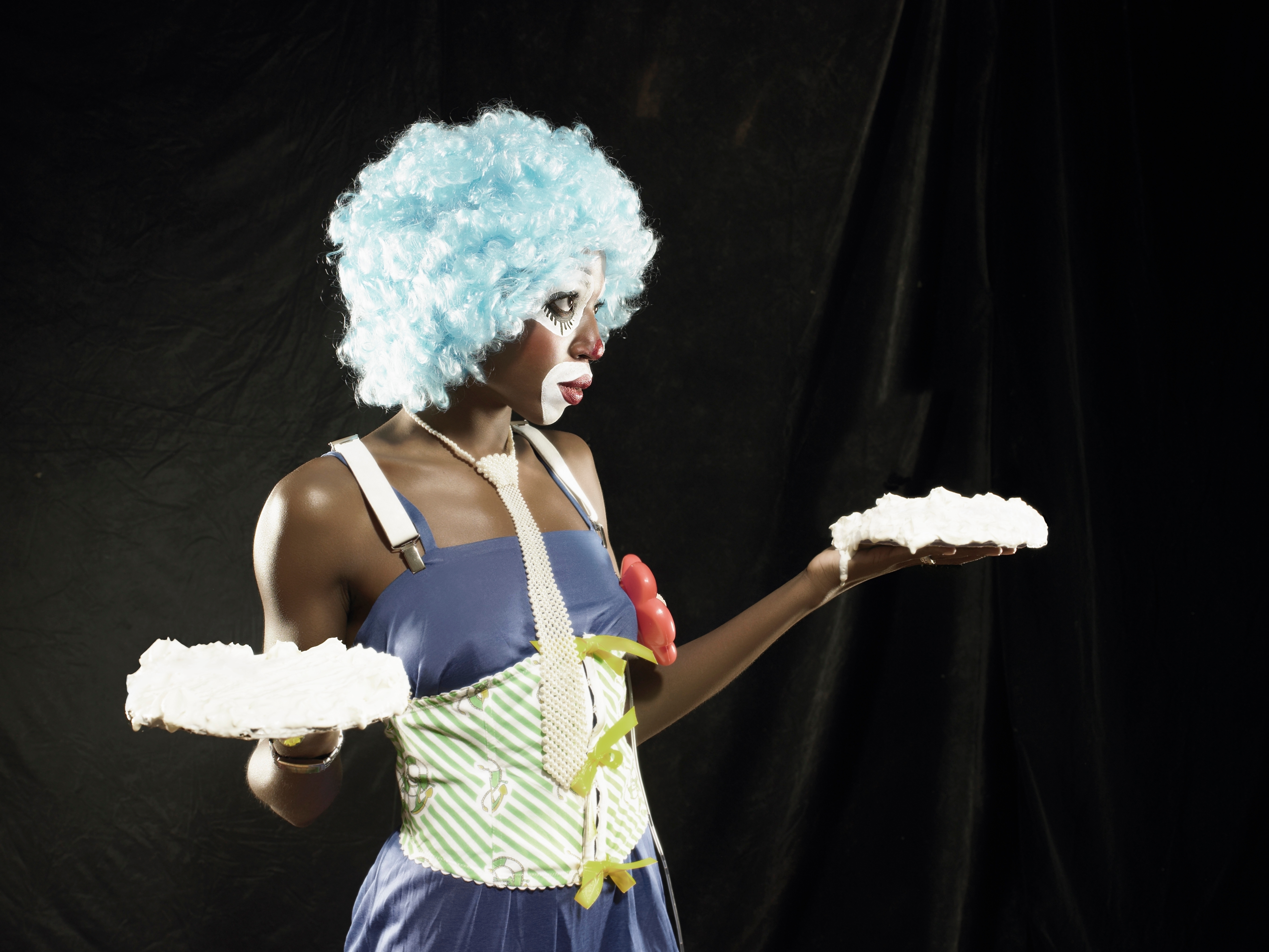
We all know that perfection is unattainable. So, why do we often strive to be the perfect mother, father, child, colleague, friend or boss? ‘I’ll be perfect’ or ‘I’ll be the best at what I do’ is a suit of armor, designed to protect our fragile egos from the horror of an unspoken fear that ‘I’m not good enough.’ But sharing your flaws, fears, and failures is a risk you have to take if you want to experience connection.
A friend of mine’s mother was Britain’s first black female clown. Amazing, right? We’d known each other for a couple of years and yet my friend had never spoken with me about what it was like to grow up in the shadow of this trail-blazing performer. “Why didn’t you tell me sooner?” I asked. “I guess I was kind of uncomfortable,” my friend replied.
But here’s the thing, this unusual and personal detail opened up a conversation about our childhoods, about parental expectations, and, of course, about our mothers. Even though our mothers and our childhoods could not have been more different, we bonded over the conversation we had about growing up with powerful mothers.
Humans crave acceptance. We want to be appreciated for who we are, yet very often we’re so afraid of rejection that we go to great lengths to avoid sharing what we see as our flaws and failures. It’s our flaws and failures that make us relatable to others. How can we ever find acceptance, when we don’t allow others to see us?
What is something important about yourself, that you mostly with-hold because you’re afraid it would make you seem weak, flawed, or vulnerable? Perhaps it’s a biographical detail, such as where you grew up, or one or both of your parents having been a criminal, or abusive? Perhaps it’s about an unfulfilled dream you once harbored to be come a dancer or an athlete or a singer? It could be about an illness that you’re living with or have suffered from in the past.
“Authenticity,” says author Brene Brown, “is a collection of choices that we have to make every day. It’s about the choice to show up and be real. The choice to be honest. The choice to let our true selves be seen.”
Perhaps you’re reticent about letting others know of your own personal failures, in business, or in relationships? As with vulnerability, which most of us see as strength when it’s shown by others but mistake for weakness when it surfaces in ourselves, failure when owned as invaluable learning, makes the owner appear stronger. Sharing with others what you’ve learned and how you’ve grown will make you more relatable, and it will show you having the kind of resilience which is universally understood to be core to being a successful leader.
It is our failures, our flaws, and disappointments that make us relatable to others. When we’re acting as though we’re perfect or better than others, this defense we have built to protect ourselves from rejection often causes other people to keep their distance. We may be admired for our perfect record or excellent results, but it’s our mistakes and our regrets that will draw people close and turn strangers into friends.
To build strong and enduring relationships we need to give up on pretending to be better than other people. We need to take off our armor and let them see the shamed, scared, fearful little child inside each of us.
Three Steps You Can Take To Draw People Closer
First, I want you to think of someone you know who other people are drawn to, someone who makes friends easily in every situation. Do you have someone in mind? Are they polished and perfect and strong, or are they obviously flawed, deeply human, and vulnerable? Get ready to follow their example.
1. Before you reveal your vulnerability to others, it makes sense to explore it for yourself. Start by recalling a specific moment as a child when you felt helpless and alone. Where were you? Now, close your eyes and imagine yourself as a fully grown, capable adult returning to meet yourself in that place at that time. Ask your childhood self to let out what they are feeling. Where in their body are they feeling it? Ask them what they would like from you. How does your younger self feel to be expressing themselves to you now?
2. Ask yourself, ‘what am I most afraid of right now, in this situation – whatever ‘this situation happens to be. Perhaps you’re about to start in a new job, attend a party full of strangers, or go on a second date with someone you really like. Your fear might be ‘I’m terrified of failing’ or ‘I’m scared of leaving without getting to know anyone or ‘I’m nervous once you get to know me, you’ll find me boring.
3. Now that you’ve said it to yourself, summon the courage to voice your fear to your host, a fellow guest, a new work colleague or your date.
The voice in your head will be screaming ‘Don’t reveal yourself.’ Perhaps the voice in your head is saying ‘it will make you seem weak.’ But share your fears anyway.
The first time you try this, it may seem terrifying. The next time, or the time after that, you’ll hopefully discover for yourself that giving up on trying to be perfect or ‘better than’ is the most important step towards connection and acceptance.





